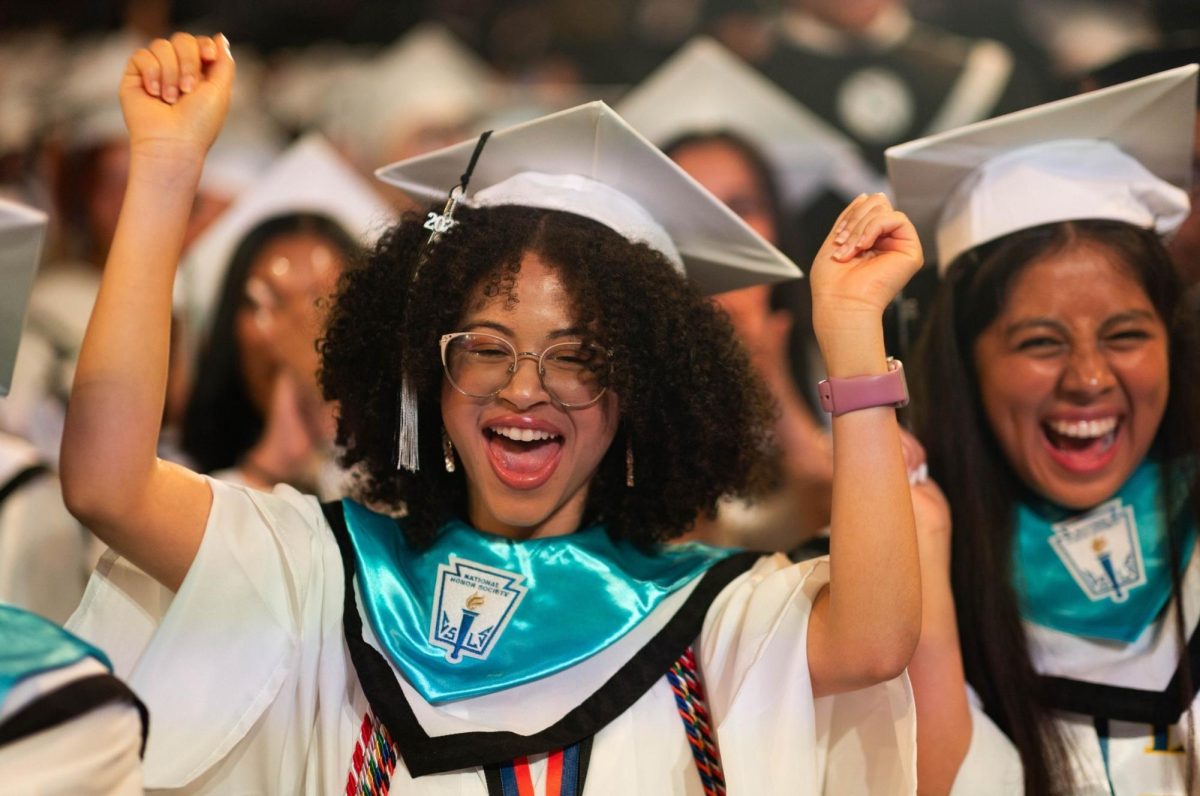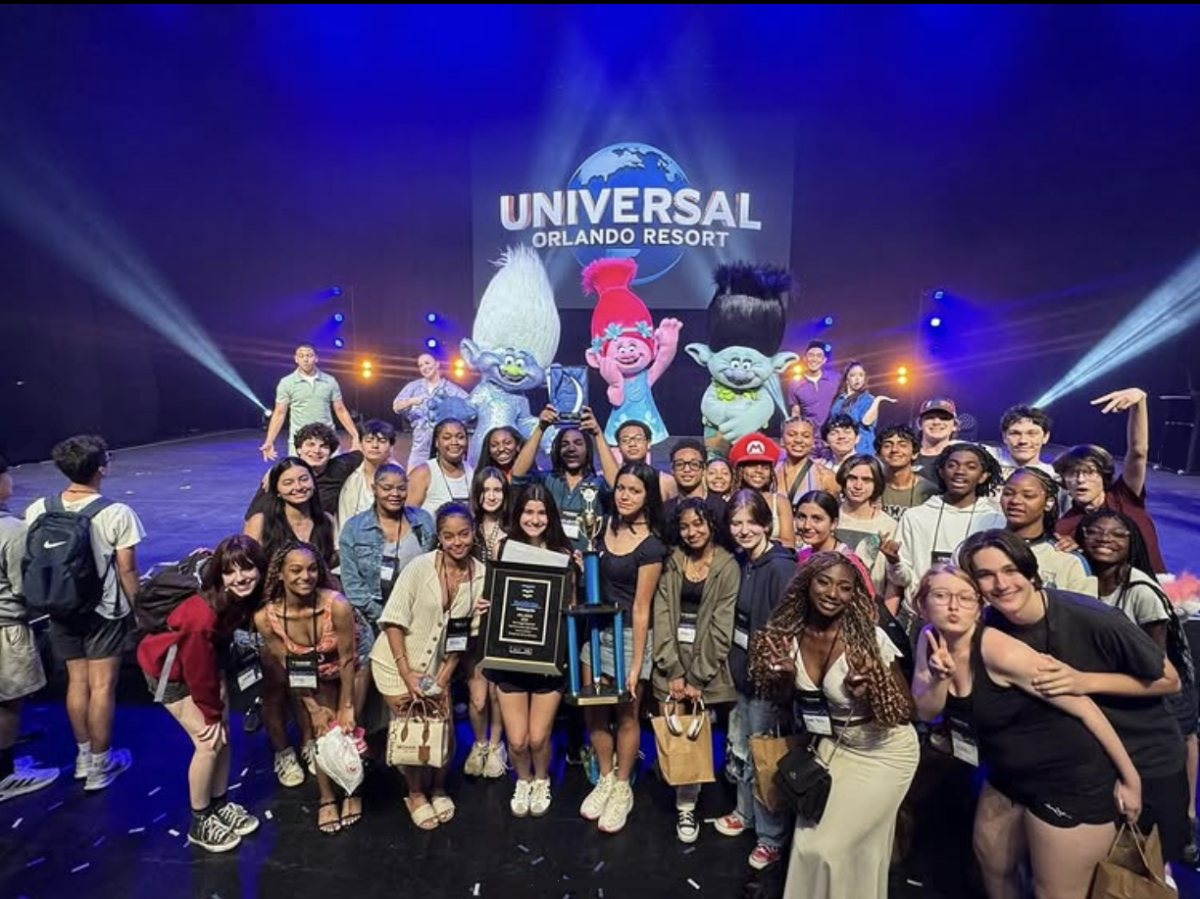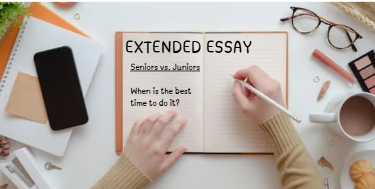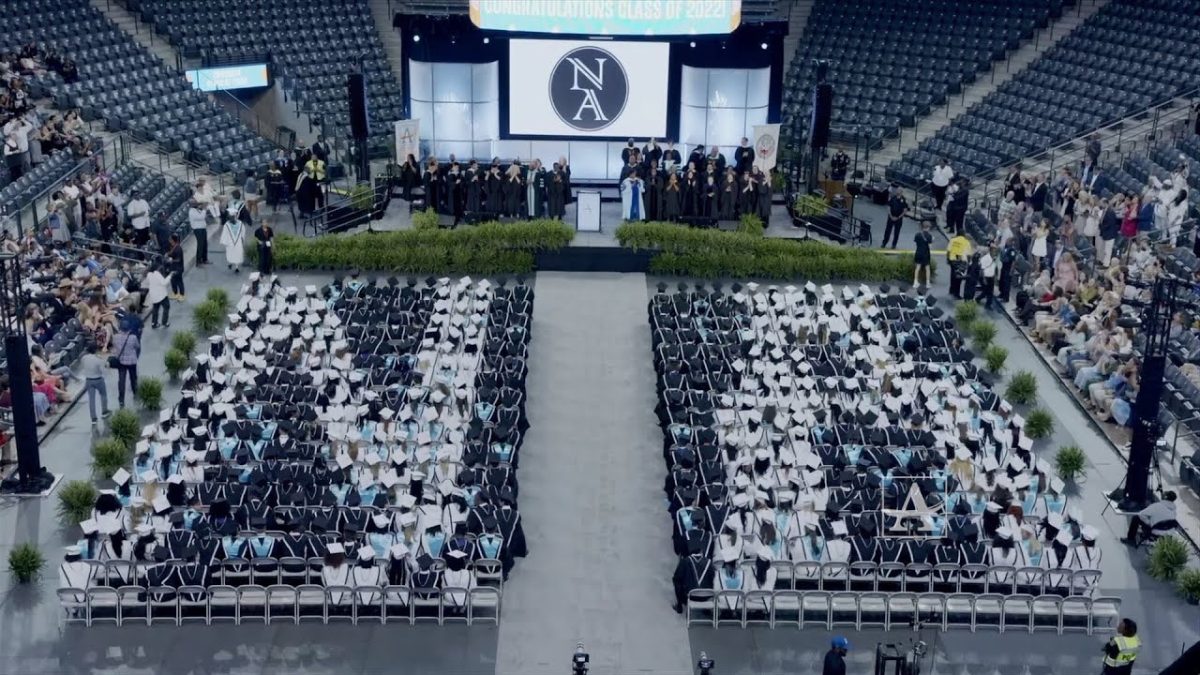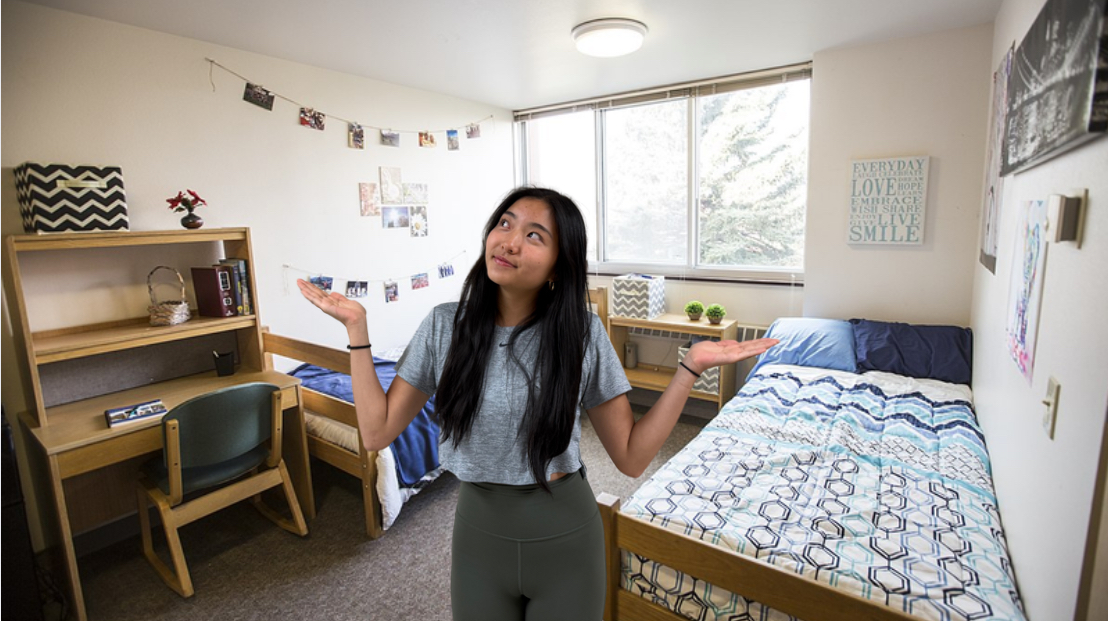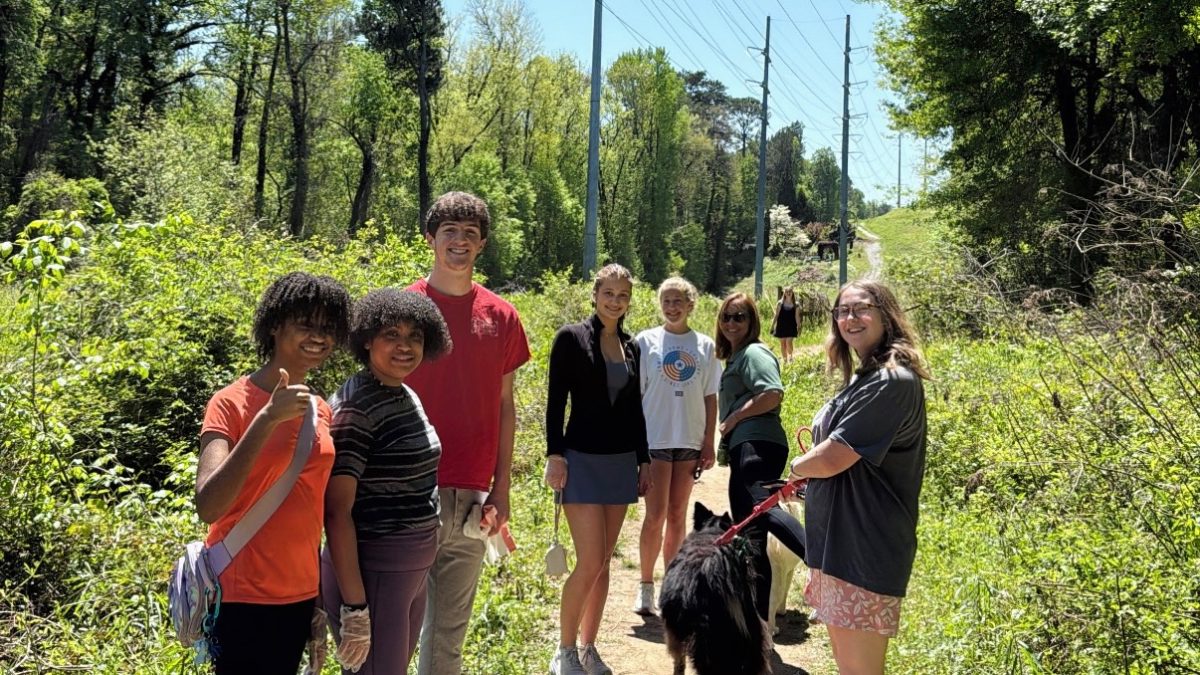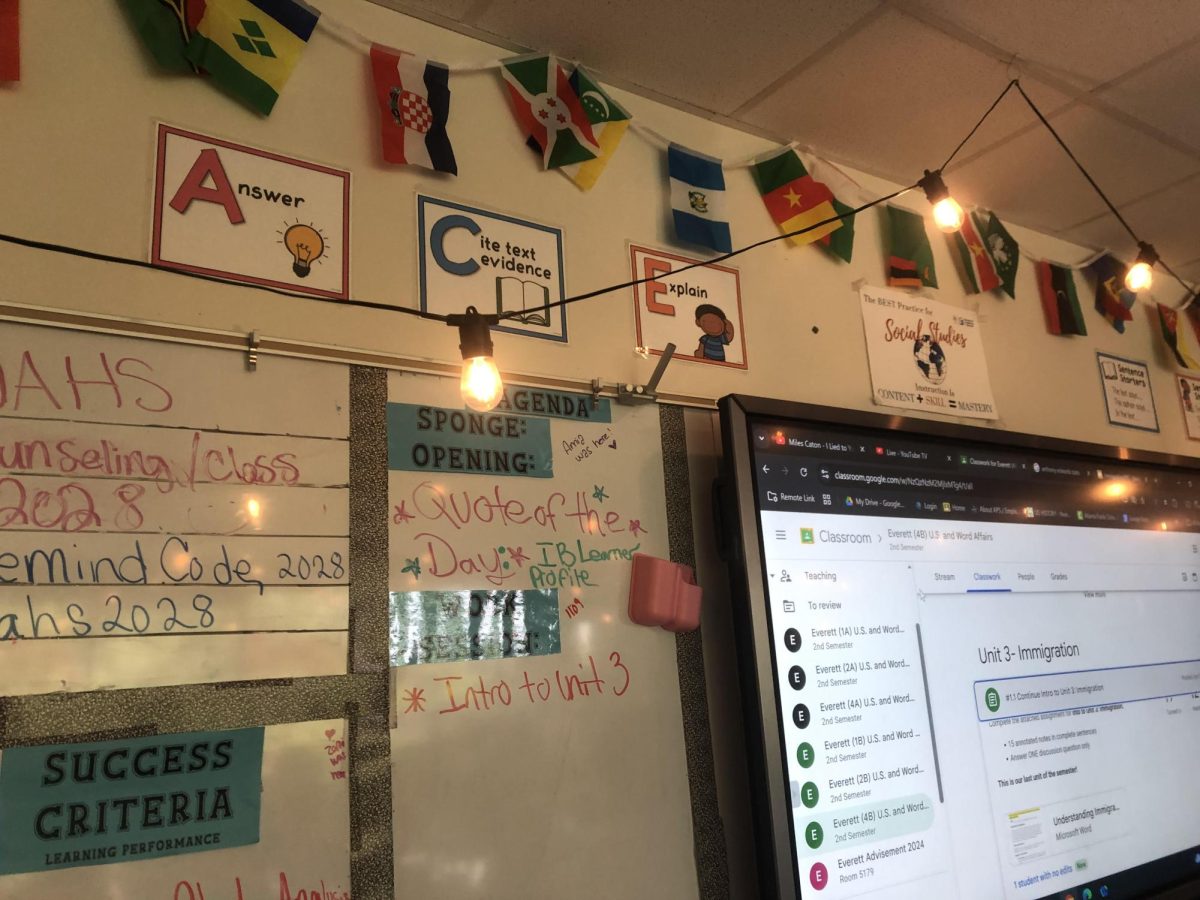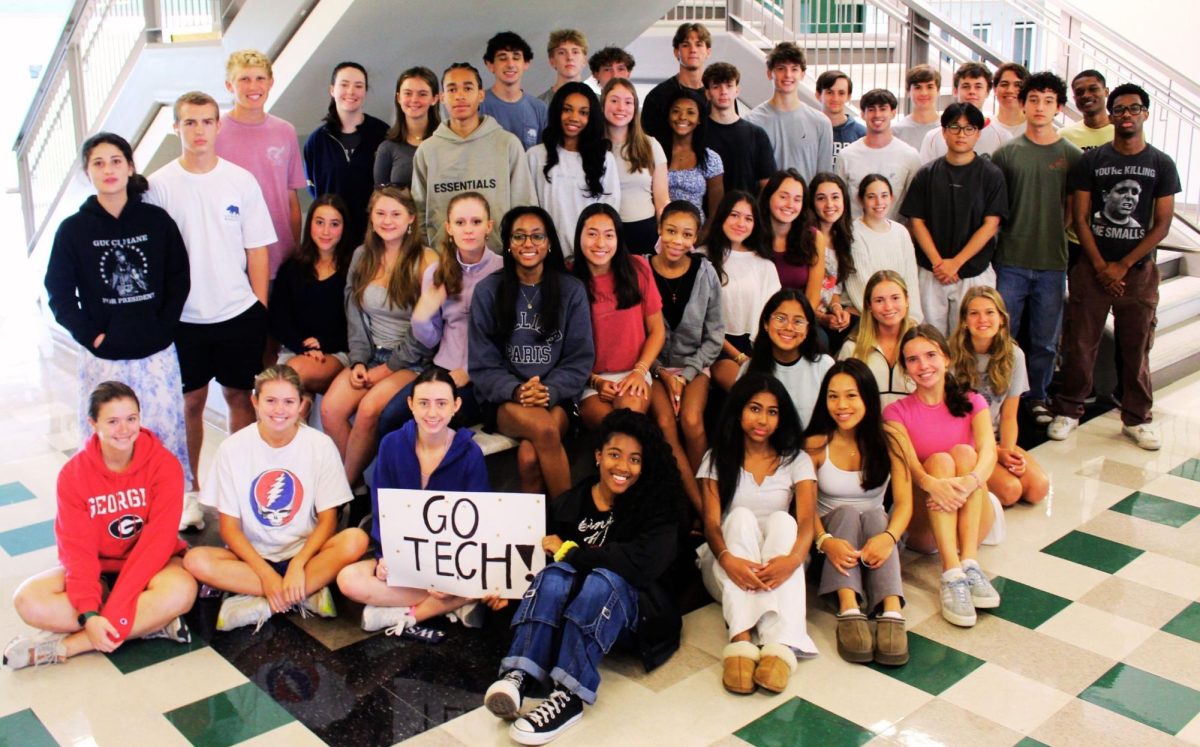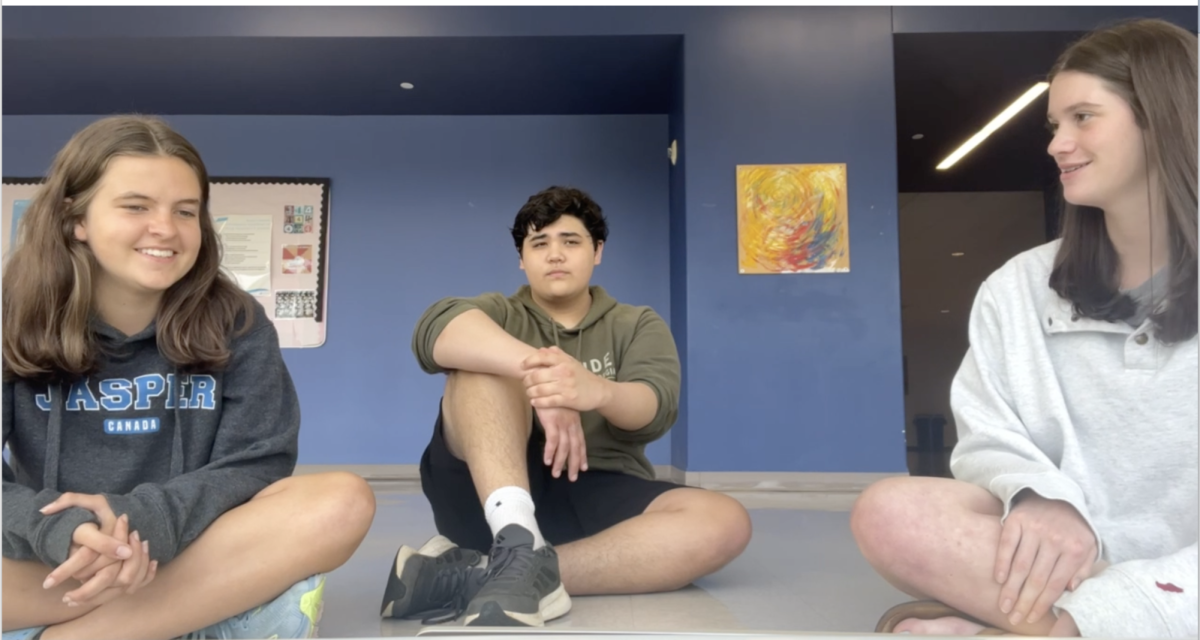With the November 5th election fast approaching, much of the country’s attention is focused on the Presidential race. However, numerous other critical issues and positions will also be decided on this ballot, many of which will directly impact our local communities. While voting for the next President is undeniably important, understanding and making informed choices about these additional ballot items is an equally essential element of civic responsibility.
One ballot item voters may encounter is for the office of Solicitor General. While it might not carry the same weight as the presidential race, the Solicitor General holds a significant role as the state’s legal representative, often shaping policies that affect everything from criminal justice reform to civil rights issues. In addition to local offices, voters will also encounter various ballot measures. These can range from education funding to environmental regulations or healthcare initiatives, often proposed as amendments or referendums. The wording of these measures can sometimes be complex, which has the potential to sway a voter’s perception of what’s being asked. North Atlanta senior Reagan Lerner will turn 18 a mere four days before the election and is excited to finally get the opportunity to vote. “I have been thoroughly researching the various candidates and feel as though I am ready to make informed decisions on who to vote for, even in the smaller races,” said Lerner.
Furthermore, in recent years candidates have shifted to increasingly aggressive criticism and attacks on their opponents, making it harder to differentiate between false and accurate information. Developing habits of informed voting is a key step toward meaningful participation in democracy. With access to nonpartisan resources, such as Ballotpedia, and by attending or watching local meetings or debates, young people can familiarize themselves with these less-publicized ballot items. In recent years, young voters, or those who are about to become eligible to vote, have become more politically involved and have an increased understanding of the importance of voting. “I am excited to vote next year because it is my chance to make my voice heard and influence the future of our country,” said junior India Rochez.
With numerous online tools available, becoming an informed voter is more achievable than ever. Nonprofit organizations such as the League of Women Voters provide objective information on candidates and ballot issues. Additionally, many local news outlets host forums or publish guides on elections to help new and experienced voters alike make sense of their options. However, these tools are not always widely advertised and can often take some effort to find. “I do not feel very informed about the 2024 election races beyond the presidential race,” said North Atlanta junior Michelle Baek. “I primarily watch my news on TV and do not spend a lot of time researching on my own.”
It is important to remember the impact that each race in the election has and the importance of having a full understanding of all issues on the ballot. For students soon to be eligible to vote, engaging with resources and discussions is an opportunity to learn, ask questions, and start thinking critically about how each decision affects the bigger picture. The benefit of taking time to do research on the races beforehand can have a major positive impact.



